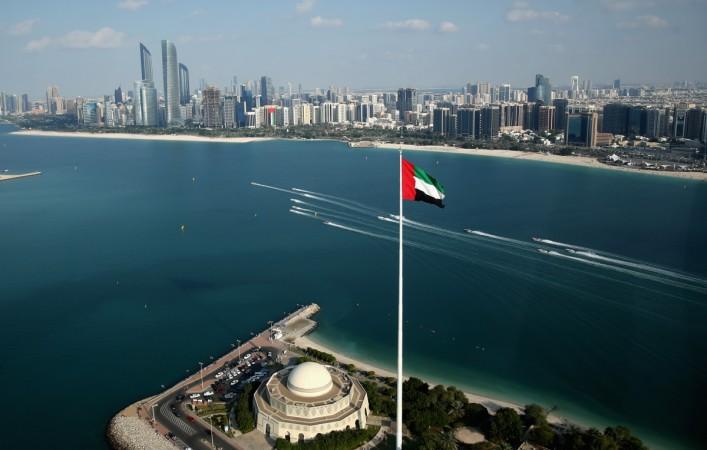
In a landmark move to strengthen religious harmony, Abu Dhabi has granted official legal status to 18 non-Muslim worship centres -- 17 churches and a traditional Hindu temple.
The churches that received legal status include the emirate's oldest church – St Joseph's Cathedral – which was established way back in 1965.
Like other Gulf states, non-Muslim worship centres, which run with informal approvals from various government departments, were built on land gifted by rulers from time to time.
The new decision, which was announced at a grand function, follows the historic visit of Pope Francis to the UAE in February this year. The emirate's department of community development said the religious institutions now have a clear channel for seeking approval to host special meetings from an umbrella organisation, local newspapers said.
With the new legal framework and policies in place, religious authorities can easily approach a single agency for getting approvals for visas or for opening bank accounts.
"It shows the UAE cares for religious minorities as part of their culture of tolerance, by giving churches an official legal status in the country. When we have questions, we have not always known where to go, Pastor Jeramine Rinne, the Evangelical Community Church, was quoted as saying by the national newspaper.
Apart from St Joseph's Cathedral, the major churches that received official status on Sunday include St. Andrew's Church, St. George Orthodox Church, Coptic Orthodox Church and Evangelical Community Church.
Hindu Temple
The emirate's first Hindu temple, which is now under construction in the UAE, will also come under the new regulatory framework. The traditional temple, which will come up on a 55,000 square-meter-plot near al Rahba, is expected to be completed next year. The foundation stone laying ceremony for the temple was conducted when Indian Prime Minister Narendra Modi visited the UAE in February 2018.
"For decades, our great leaders have welcomed people from various religions, making the UAE a place for all. Abu Dhabi is now a leading model for tolerance and co-existence," Dr Mugheer Al Khaili, chairman of the DCD, was quoted as saying by a Khaleej Times report.
The decades-old churches mostly cater to thousands of expatriate community worshipers from various countries, especially India, Sri Lanka, Philippines, Lebanon, Jordan, Egypt, the United States and some of the European and African countries.
With humble beginnings in the early 1960s and 1970s, now these churches have strong membership bases in excess of 1,000 people in each worship centre and conduct multiple language services. The total number of Christians in the Gulf state, according to sources, is more than one million.

















